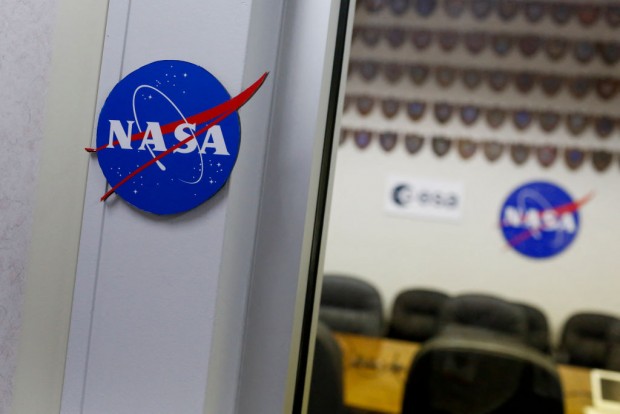NASA Is Looking For Volunteers To Capture Solar Eclipse Photos—Here's How To Join
By Thea Felicity
Mar 28, 2024 10:44 AM EDT
Mar 28, 2024 10:44 AM EDT

(Photo : Photo by EVA MARIE UZCATEGUI/AFP via Getty Images)
NASA has joined forces with Western Kentucky University (WKU) to introduce an innovative initiative aimed at allowing "citizen scientists" to capture photos of the upcoming solar eclipse in April, as first reported by ABC 13 WBKO News.
Through an app called SunSketcher, made by WKU students, regular volunteers can take pictures of the eclipse so scientists can study and map the sun better.
READ NEXT: NASA Aims to Put Humanoid Robots in Space to Do Dangerous Jobs
The SunSketcher app, now available for both iPhones and Androids, offers a user-friendly platform for individuals to contribute to scientific research by photographing the solar eclipse. According to WKBO reports, the app guides users through a tutorial upon download, making it accessible to a broad spectrum of participants.
Starr May, a WKU Computer Science major, praises the project's inclusivity. Anyone within the eclipse's path of totality, spanning from Texas to Maine on April 8, can participate in the initiative. By simply positioning their phones and activating the app, volunteers can effortlessly capture images of the eclipse.
Then, photographs captured through the SunSketcher app will be compiled into a comprehensive database, enabling scientists to conduct further analysis to map the sun's surface. WKU Computer Science Junior Andrea Florence explains that SunSketcher captures 101 photos throughout the totality phase, providing valuable data for research purposes.
The project aims to measure the sun's oblateness with remarkable precision, providing valuable insights into its ever-changing surface. Supported by a grant from the NASA Heliophysics Innovation in Technology and Science (HITS) program, the SunSketcher initiative symbolizes a partnership between NASA and WKU to use the collective efforts of citizen scientists or volunteers for scientific advancement.
© 2024 VCPOST, All rights reserved. Do not reproduce without permission.
Join the Conversation